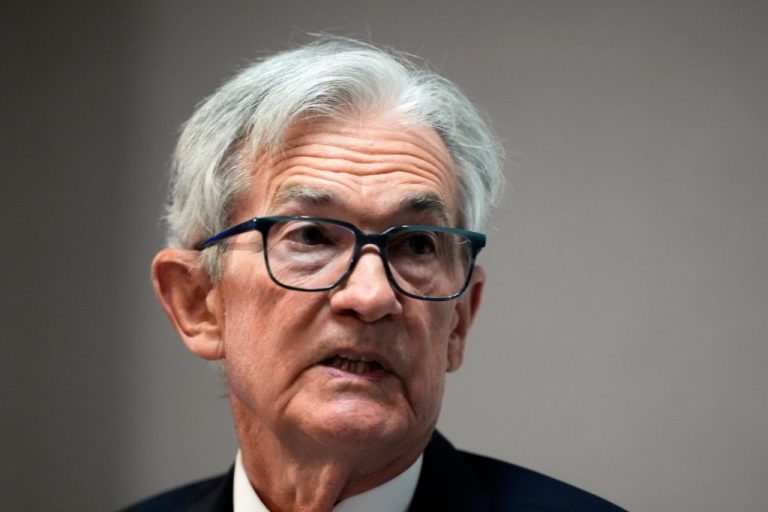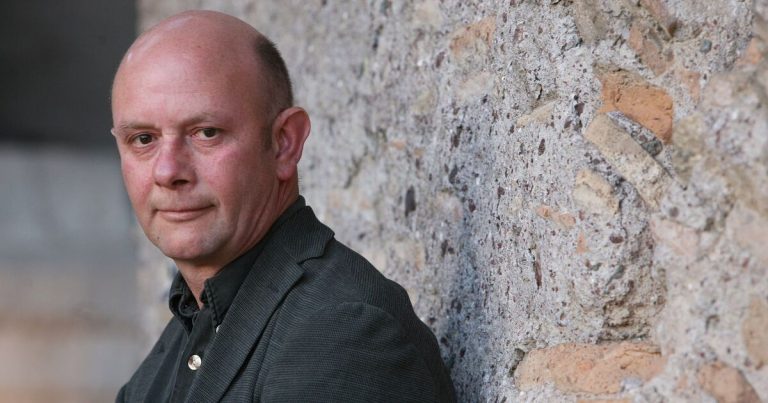
The Bank of England decided eight to one to raise the interest rate from five percent to 5.25 percent.
This is the 14th time in a row the Bank has decided to increase the base rate in a bid to cool the economy and bring down inflation.
Borrowers are the hardest hit by this increase as interest for repayments on loans and mortgages continues to rise.
Marc von Grundherr, director of Benham and Reeves explained that the rise will come as “as yet another nail in the coffin for the nation’s borrowers,” as many may struggle to keep up with rising payments amid the rising cost of living.
Those with tracker mortgages will face an immediate rise in monthly payments well as anyone coming off fixed-rate deals in the next few months.
Mr von Grundherr said: “A fourteenth consecutive base rate hike will come as yet another nail in the coffin for the nation’s borrowers and will do little to boost a property market that has been treading water in recent months.
“We have seen some positive signs in recent weeks with mortgage approvals climbing.
“However, while this boost in market activity is good news, higher interest rates are likely to stifle the purchasing power of the nation’s buyers even more, resulting in the further stagnation of house prices.”
UK house prices fell last month at the fastest annual rate in 14 years, as higher interest rates limit people’s ability to buy a property with a mortgage.
Nationwide Building Society reported property prices had not fell so sharply since 2009, in the aftermath of the global financial crisis.
House prices dropped 3.8 percent in July compared to a year earlier, and 0.2 percent compared to June, to reach £260,828 on average.
The price of a typical home is now £260,828, 4.5 percent below the peak reached last August.
Bank of England Governor Andrew Bailey explained today that the Bank’s job is to make “absolutely sure” inflation falls back down to two percent, and that is why it has increased interest rates to 5.25 percent.
In the near term, he says consumer price inflation will “continue to fall over the rest of the year”.
The last time the base rate hit 5.25 percent was in February 2008, 15 and a half years ago.
However, this increase of 0.25 percent is smaller than the last 0.5 percent increase implemented by the Bank of England.
Jonathan Samuels, CEO of Octane Capital said: “Whilst an unpopular opinion, it could be argued that the Bank of England hasn’t been daring enough in their decision to increase rates again today and really another 0.5% increase was needed in order to tame inflation.
“It’s far better to have a short period of pain brought about by higher interest rates, rather than a sustained period of significant economic turmoil and uncertainty.”
Higher interest rates have led to a sharp rise in the cost of a mortgage over recent months, making the prospect of buying a home unaffordable for many people.
About 100,000 households come off a fixed-price mortgage each month. Even if rates stabilise, they will still be hit with interest rates that are higher than their last mortgage and face increases of hundreds of pounds in some cases.
However, James Forrester, managing director of Barrows and Forrester argues this could be a “silver lining” as interest rates could be hitting their peak.
He said: “The base rate is now the highest seen in over fifteen years and so the latest generation of buyers will no doubt be panicked by the steep cost of borrowing they face in the current market.
The silver lining is that a lower rate of increase suggests that we could be nearing the peak and while we expect to see lucky number fifteen materialise, they could well plateau before the year is out.”
Express.co.uk has contacted the Bank of England for comment






